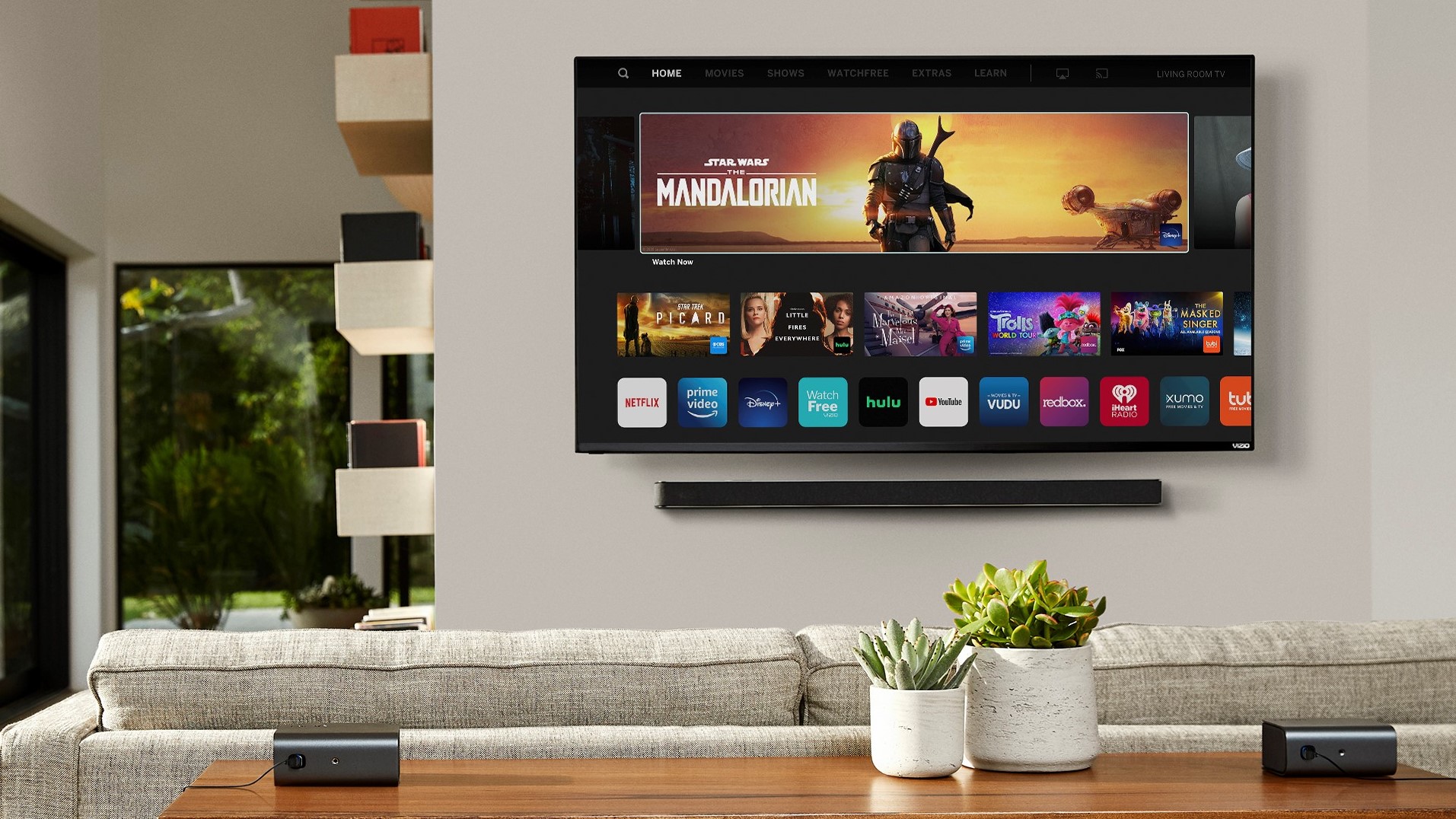
Last week, the Wall Street Journal revealed that the retail giant Walmart was in talks to buy Vizio's TV business and today we've got official confirmation that this is going ahead as both companies confirmed a $2.3 billion deal. Such a deal is expected to give Walmart a big boost in the affordable TV space, where it currently offers its own Onn TV brand that has a much smaller share of the market in the US compared to Vizio. The acquisition also means it can include more ads on Vizio TVs.
William Wang, CEO of Vizio, described the acquisition as "the ideal next chapter in Vizio's history" and commented that "Walmart's approach is aligned with Vizio's mission and vision". Walmart has reportedly been looking to expand its advertising business in recent years and this now seemingly gives access to even more customers via Vizio's home screen, reminiscent of Roku, LG's webOS and Samsung's Tizen platforms.
The cheap TV market is becoming quite the battleground, and both Amazon and Roku have started making their own TVs as well as streaming boxes and dongles. And they're pretty good: for example, late last year, we reported that Amazon and Roku faced a serious cheap TV challenger in the form of Vizio.
The firm's new 4K Quantum Pro TVs truly promised to give the best 4K TVs a run for their money. We also reviewed the Roku Plus series and the Amazon Fire TV Omni QLED – both of which we found to be great budget 4K QLED TVs.
This isn't Walmart's first smart TV rodeo
Walmart's smart TV adventures go beyond its own-brand TVs. It's previously partnered with Roku to create "shoppable ads", smart TV adverts that enable you to buy real products from your TV, and it's also partnered with marketing firm Innovid to bring its Walmart Connect to more tech platforms.
But the purchase of Vizio would open up a new front in the smart TV war, and it could also introduce a new way for Walmart to make money. As The Verge suggests, Walmart could start selling ad spots on its in-house TV displays to advertisers, something it's already doing with some TV brands.
For US TV buyers, Walmart's purchase of Vizio could also mean that more of its smart TVs are widely available to buy at the retailer's stories, which is of course very appealing – but it also means even more of a push towards data gathering and advertising sales, which is where the money is (profit margins at the lower end of the TV market are very thin).
Although the sale has been agreed, it'll likely still be a few months before we see any changes on the Walmart retail floor. In the meantime, if you're looking for a great TV without paying a fortune, check out our guide to the best TV deals including some really great budget buys.







